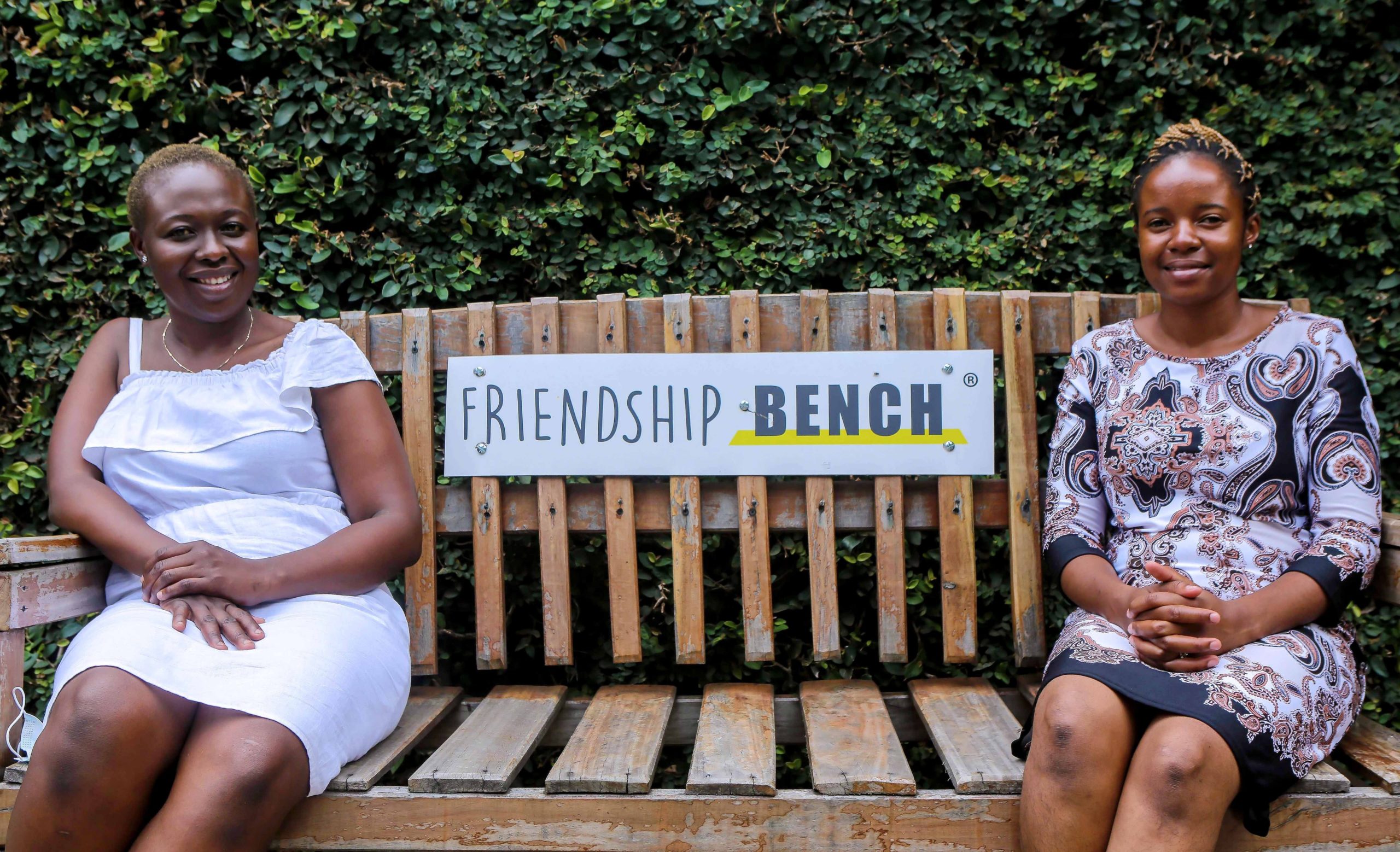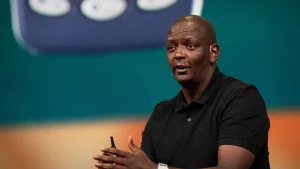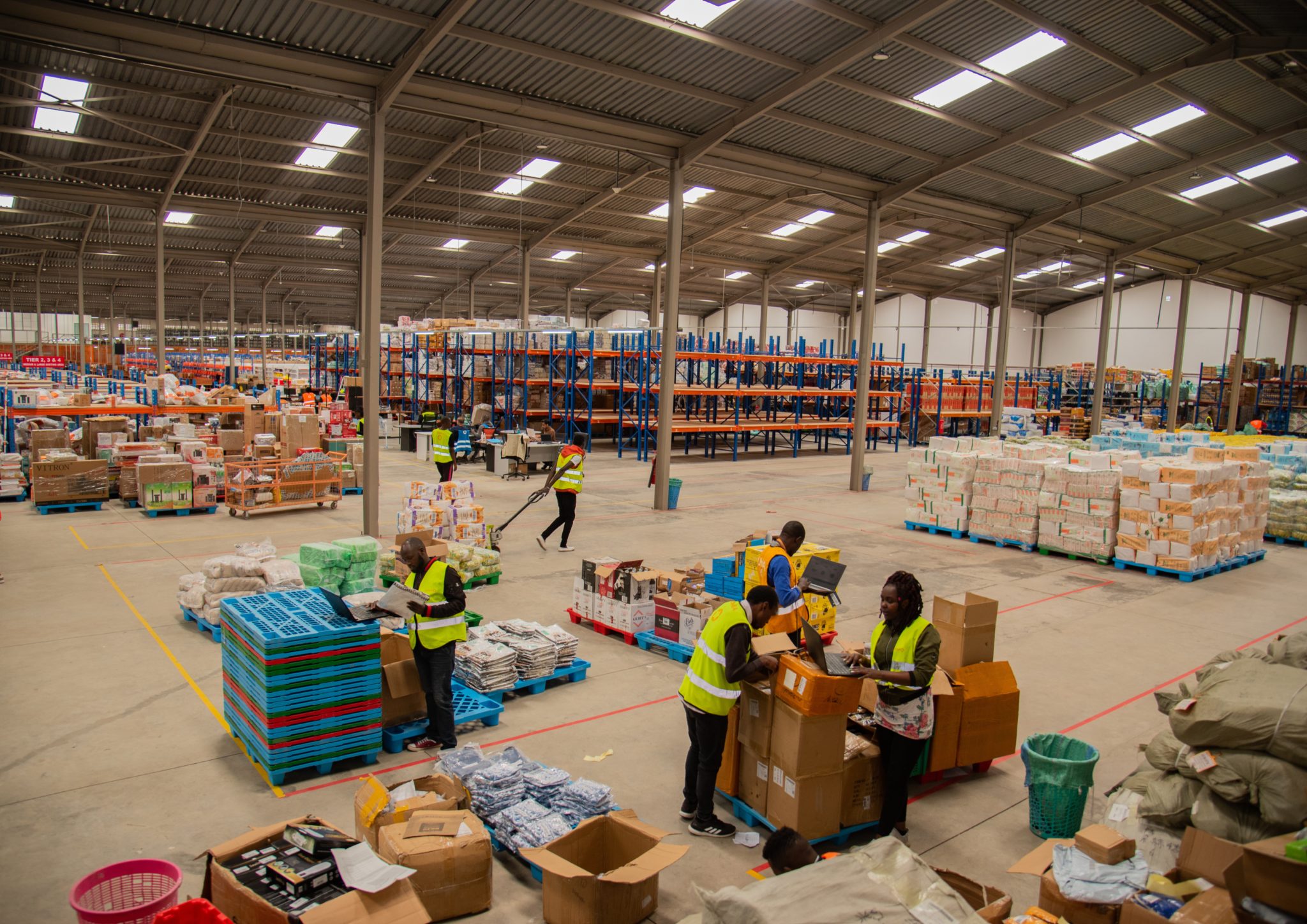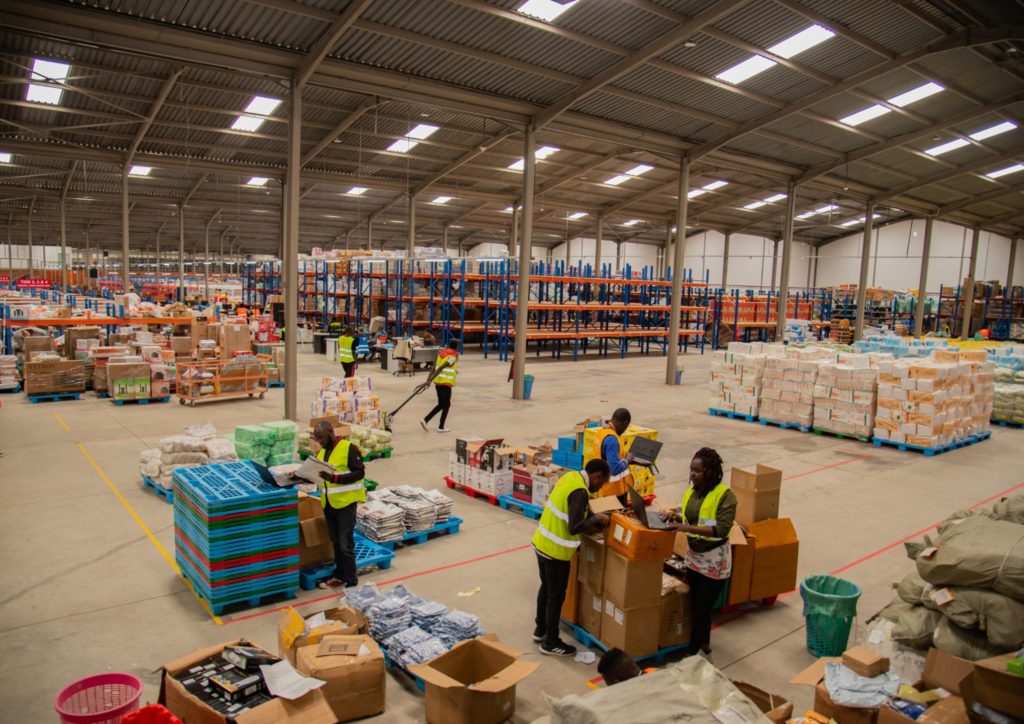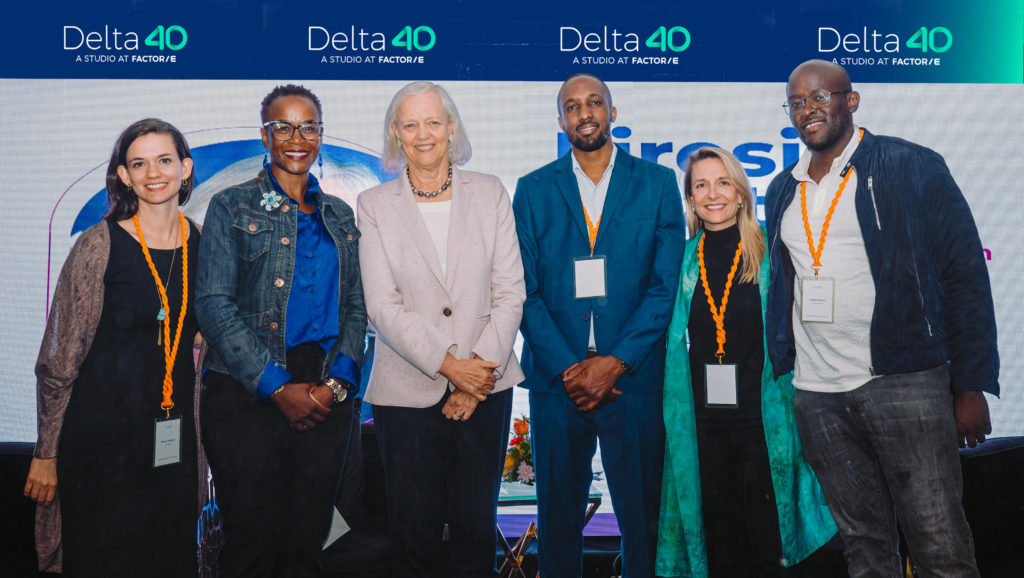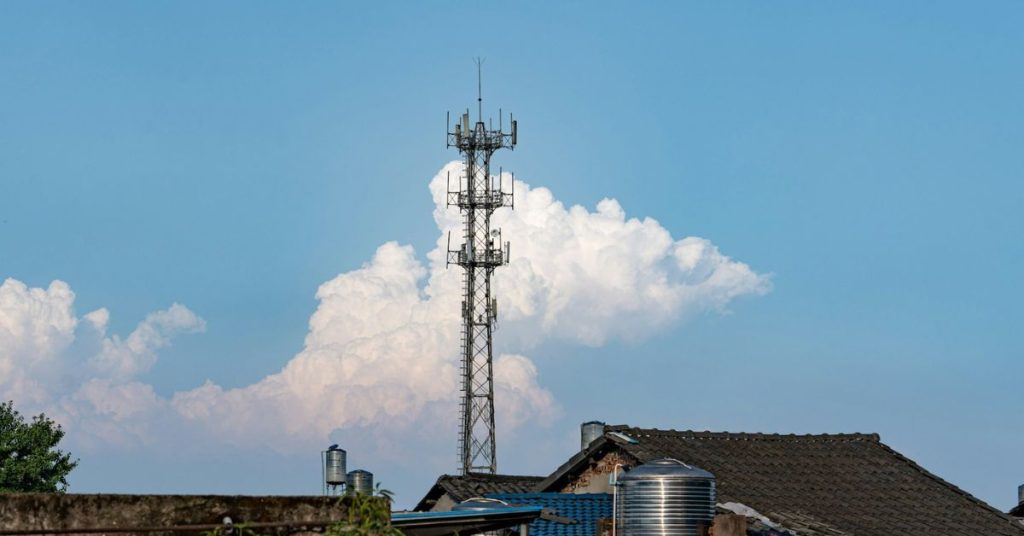This article is contributed to TechCabal by Tafadzwa Dzenga and Tafadzwa Ufumeli/Bird story agency
In many African societies, mental health issues are often dismissed out of hand, forcing treatment for common ailments such as depression, anxiety and stress into the realms of the affluent. But an initiative in Zimbabwe involving community workers is changing perceptions and COVID-19 has helped spread the initiative even further.
“After talking to colleagues, family and friends, I found out that one of the most reliable resources we have in Africa are grandmothers. They are the custodians of culture and wisdom in every community and they don’t leave their communities in search of greener pastures,” Professor Dixon Chibanda writes on the mental health website, Hearts on Fire.
Chibanda is the force behind a mental health programme, called “Friendship Bench” and those grandmothers, or Gogo’s, are now the heart of the programme. Not only that, they are also behind the virtual roll-out or the programme across Africa.
Renowned Kenyan author, John Mbiti, says the African family and society was always based on the philosophy of” I am because we are and since you are, therefore, I am”. That “Ubuntu” philosophy — often espoused by former South Africa president Thabo Mbeki — describes an individual, thus: “ubuntu ngumuntu ngabantu”, an isiZulu phrase that translates roughly as “I am a person because of other people”. For centuries and perhaps longer, in many African societies where these concepts applied, society was all-embracing; everyone belonged and was supported and cared for.
But with fast-paced urbanisation and the growth of nuclear families, the fabric holding these societies together has been weakened, leaving many — especially the elderly — vulnerable. And one of the manifestations of that vulnerability, particularly in rural areas, is loneliness— a worrying global epidemic that is a major catalyst for mental illness among senior citizens according to the World Health Organisation.
This epidemic became very apparent to Chibanda in 2005, when one of his patients died. At the time, therapy sessions were a preservation of the affluent.
“She wanted help, but could not afford to move around, and so she committed suicide,” Chibanda recalled with sadness.
At the time he was working in a public hospital in Harare`s oldest suburb, Mbare.
“No bus fare was the sparking point,” he explained. “I got into this state of soul searching trying to discover my role as a psychiatrist in Africa.”
Seeking solutions
And so Chibanda, a professor in psychiatry at the time, started thinking out of the box. He needed to find affordable and demystified mental health services for the community, he realised. In 2006, he started what he called the “Friendship Bench” project, guided by the simple philosophy of “a problem shared is a problem half solved”.
The university don, who graduated from medical school in 1993, teamed up with ten elderly community health workers to roll out a new method of delivering much-needed services to the communities. Elderly community health workers, usually known as Mbuya Hutsanana (Hygiene Grannies), known for their empathy, thoughtfulness and confidentiality, had for some time been part of Zimbabwe`s health delivery system, as first responders. Chibanda engaged these health workers to roll out the “Friendship Bench”.
“The Friendship Bench is a psychological mental health intervention that uses a cognitive behaviour therapy called ‘PST’ (Problem Solving Therapy). It helps empower our clients so that when they face challenges when a counsellor is not there, they are able to solve their own problems even at home,” explained Georgina Chapoterera, the project coordinator.
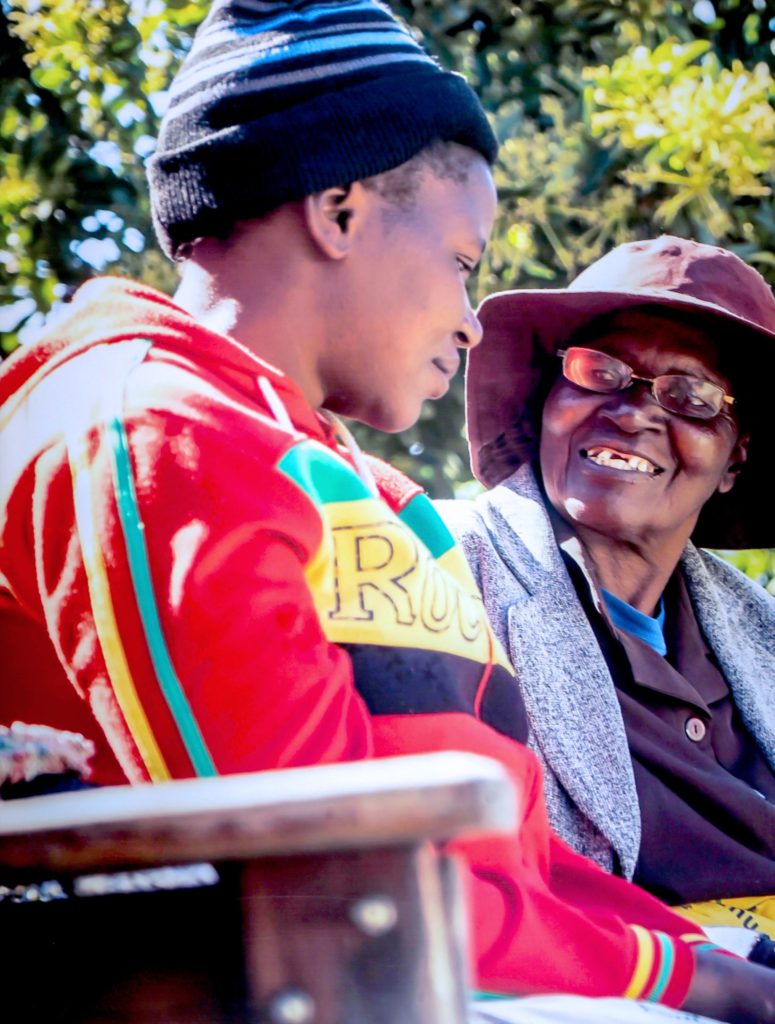
“The value is on empathy and connectivity,” she said.
According to Gogo Pauline Musiiwa, therapists need to be ready for a wide range of problems.
“At the Friendship Bench, people come with many problems, some are depressed because a loved one has died. Some talk about suicide, while some are facing mental health challenges due to domestic abuse,” she explained.
“We speak to people face to face with patients, but sometimes due to COVID-19 restrictions, we use phones to communicate. Everything we are told remains confidential,” Musiiwa said further.
Over the years, the Friendship Bench network has grown and also had a lasting impact on public clinics across Harare. which now emphasize that their councillors should have empathy and be able to connect with their patients. Where before, specialised health care of this type was too expensive for ordinary, particularly rural, citizens, it is now widely accessible.
Chibanda is currently an associate professor at the University of Zimbabwe Clinical Research Centre and the Director of the African Mental Health Research Initiative and the program’s training reach has grown from the elderly community health workers to roping in the youth.
“We also trained students in major universities for them to provide counselling services to other students at their colleges,” said Chapoterera.
“Friendship benches use a technique called problem-solving therapy (PST) which is linked to a broader psychological approach referred to as cognitive behaviour therapy (CBT),” says Chapoterera.
“Our therapists have different ages and different approaches. Initially, the grandmothers would go for training for 2 weeks, they would be taught on problem-solving therapy which is our psychology intervention which we use in Friendship Bench,” she said.
“During the training, our grandmothers are taught the different steps on problem-solving therapy, which has steps one up to six. Each particular day has a particular step that is taught.”
The training covers aspects of mental health such as common mental disorders.
“They are taught this so that they have a feel of the common mental disorders that are there so that when dealing with experiences that might come along the way, they are also taught on the importance of self-care, how to present themselves,” said Chapoterera.
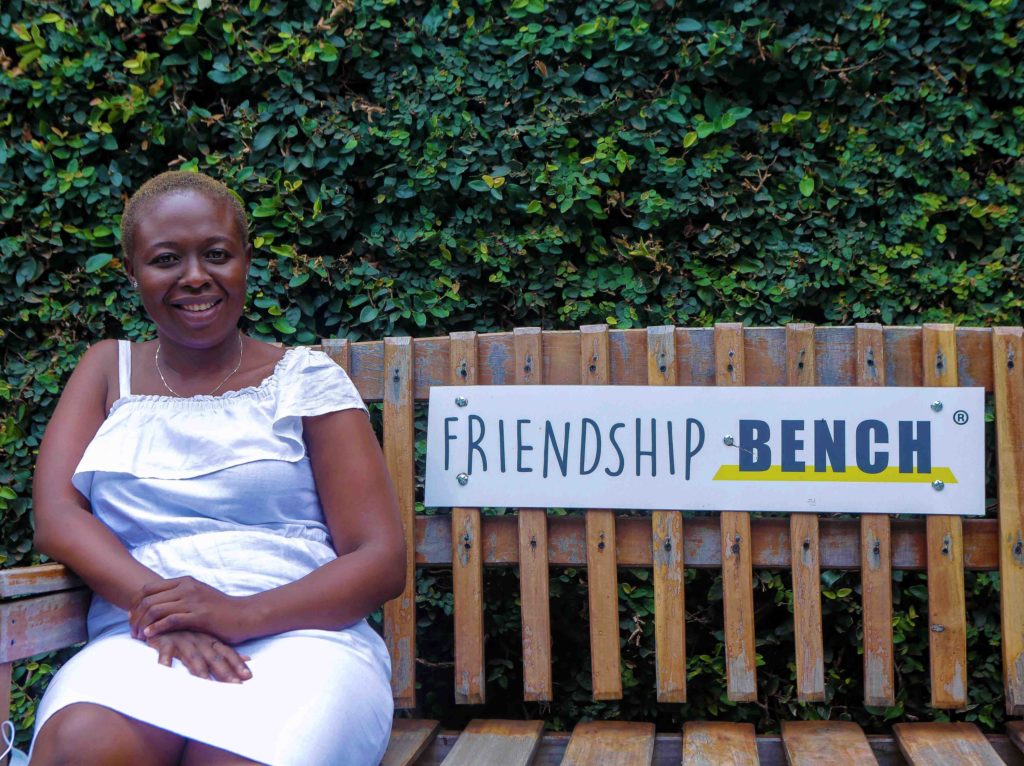
Disrupting therapy sessions
The service transformed after the arrival of the COVID-19 pandemic, starting with the training.
“We have introduced what we call the hybrid training where the delivering agents have three days’ online session on WhatsApp, where information is sent as audios and summaries for different ages to listen,” said Chapoterera.
“We train lay health workers or community health workers in the basics of CBT and PST over a four-week period. We prioritise three key components: kuvhura pfungwa (opening the mind); Kusimudzira (uplifting); kusimbisa (strengthening) and kusimbisisa (strengthening further),” she said.
“After the online sessions, they then meet for a regroup and have physical sessions to complete the training as part of the process.” The adoption of technology in training has also allowed the counsellors to adopt virtual consultations with ease. To date, they say they have helped 143, 353 clients.
The initiative has grown regionally and even abroad.
“We have managed to go across the border where we have friendship benches in Malawi, Zambia, Kenya and recently they have had friendship benches trained in Kuwait and Jordan. They moved beyond and have gone to New York where they also operate,” said Chapoterera.
At the friendship bench head office in Milton Park, a low-density suburb west of the Harare Central Business District, walk-ins are allowed. There is a vacant bench at the premise where anyone who has issues can come and sit. Once they are there, a counsellor joins them.
At present, the Friendship Bench serves people from all walks of life. Young, old, poor or rich, anyone has a place at the bench where they can offload their burdens without fear of judgment or ridicule.
One of the beneficiaries of the project is Matilda Sangware, 25, from Harare.
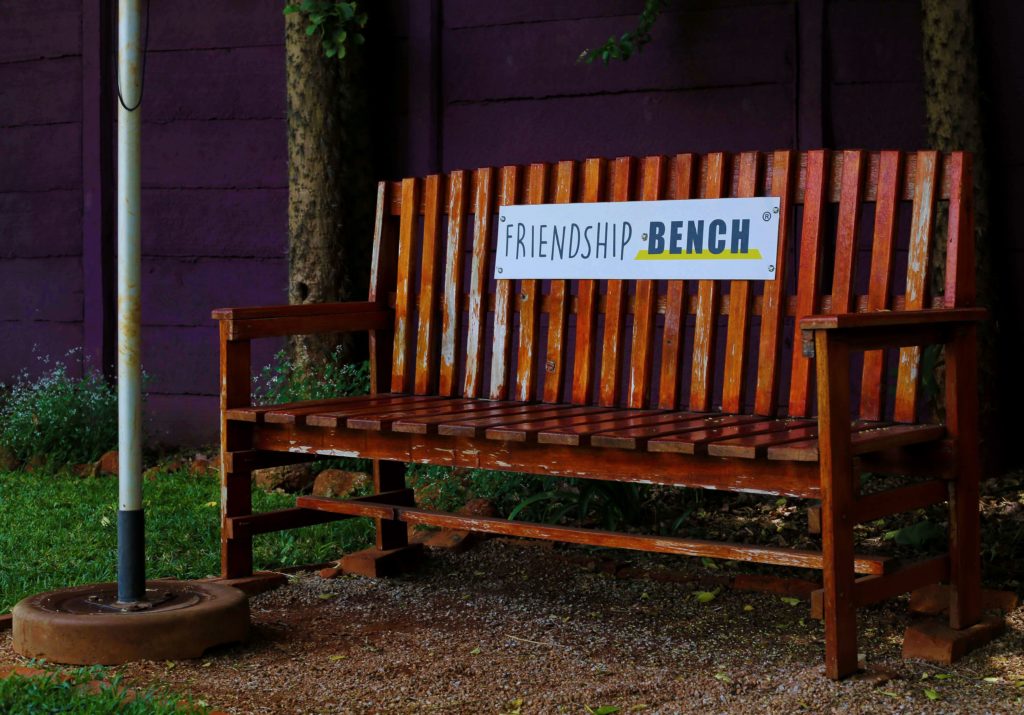
“During lockdown, I was down. My things were not moving and I really felt like I was sinking in a hole. It was at night, I reached out to my friend who sent me their number. I called the number and got assistance via Whatsapp,” she said.
Sangware said she was feeling anxious and after counselling was in a better state, without having to meet the therapist face to face.
“I had reached out to therapists, who had told me that I need about 75 dollars (about 23 US cents) per session. There was no way I was going to afford it. However, the Friendship Bench assisted me,” she said.
Another beneficiary, who sought anonymity, said “The Bench” helped her deal with an HIV diagnosis.
“I got diagnosed with TB in 2014 and up to 2016 l hadn’t been feeling well, my health continued to deteriorate and then it came that I was also diagnosed with HIV. The HIV and the TB made my viral load much too high. My family, who was my support structure, rejected me after the HIV diagnosis and it was very difficult for me to cope with life from then on,” she said.
“I felt alone and got kufungisisa (depression and anxiety). One day, at the clinic, getting my pills, I met Gogo Wakoya, she asked me how I was, as I sat alone outside. Then she told me about the Friendship Bench and invited me for a session. From that first session, I went on to see her 5 more times.”
“She took time to sit and listen to me and she said I was no longer alone as I had her to visit.”
The young woman has created a relationship with Gogo Wakoya, her therapist so that she can reach out whenever the going gets tough.
Harnessing partnerships
Zimbabwe has a 95 percent care gap in mental health and the Government of Zimbabwe has now engaged with the organisation to help reduce suicide cases, which rose sharply with the arrival of COVID-19.
The Ministry of Health and Child Care in Zimbabwe recently entered into a collaboration with Friendship Bench, which will see the organisation being part of the national mental health response strategy.
Brighton Mufakwadziya, Mental Health Occupational Therapist in the Ministry of Health and Child Care said the initiative was helping address gaps in the country`s mental health treatment system.
“From its inception, it has been a very important programme in terms of mental health management. It comes in as a problem-solving measure. It is to teach grandmothers, to task shift the specialist mental health skills to an ordinary person,” he said, speaking on the sidelines of the launch event,
“So, this is a very important programme that we are going to integrate at all levels in mental health care service, from primary, secondary up to tertiary care level.”
The Friendship Bench “wave” is already fast spreading in Malawi with the rollout of the program to 10 districts, involving 63 counsellors.
The World Health Organisation also says that Friendship Bench is playing a major role in covering gaps in Zimbabwe`s health system in dealing with mental illness.
WHO Chief of Mental Health in Zimbabwe, Dr Debra Machando, addressing graduates who had qualified as therapists under Friendship Bench, said communities still need more primary level counsellors.
“Embedding delivery agents and mental health champions will raise awareness and – we hope – improve access to services and psychoeducation,” Machando said
Friendship Bench now has an ambitious target to help five million people in the next 5 years with mental health services and to provide training to 5,000 trainers so that they help spread the delivery of counselling services within Zimbabwe as well as other countries.
In just 15 years, mental health advice has gone from being completely out of reach to being just a bench away. Perhaps Ubuntu will follow.









